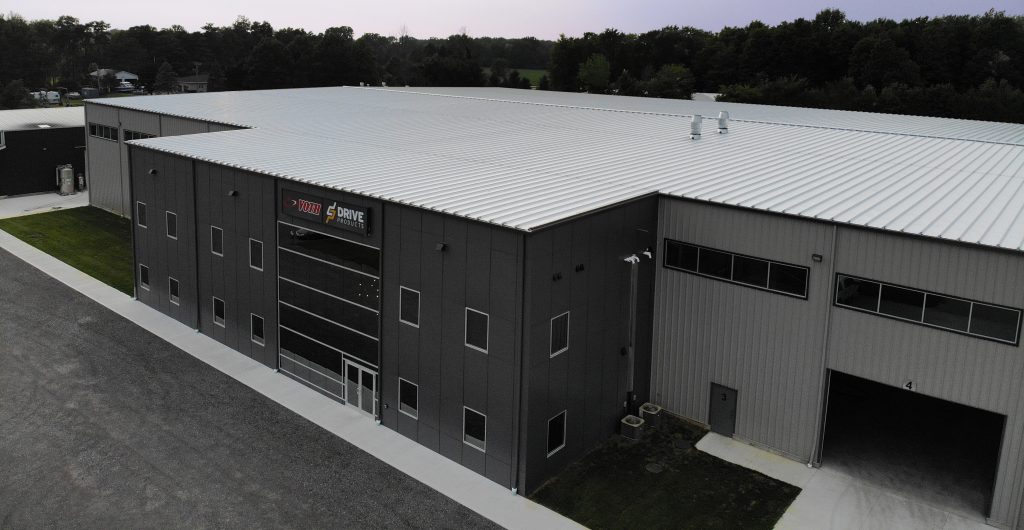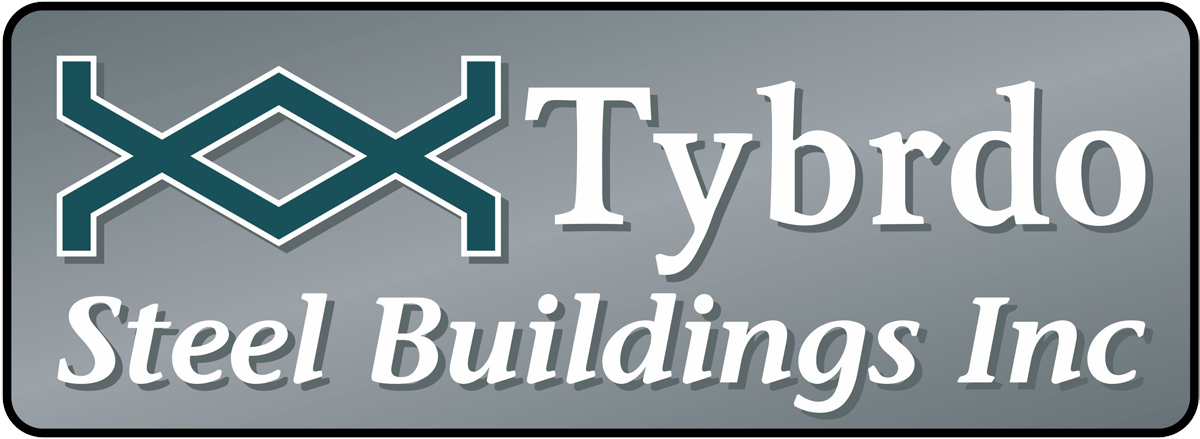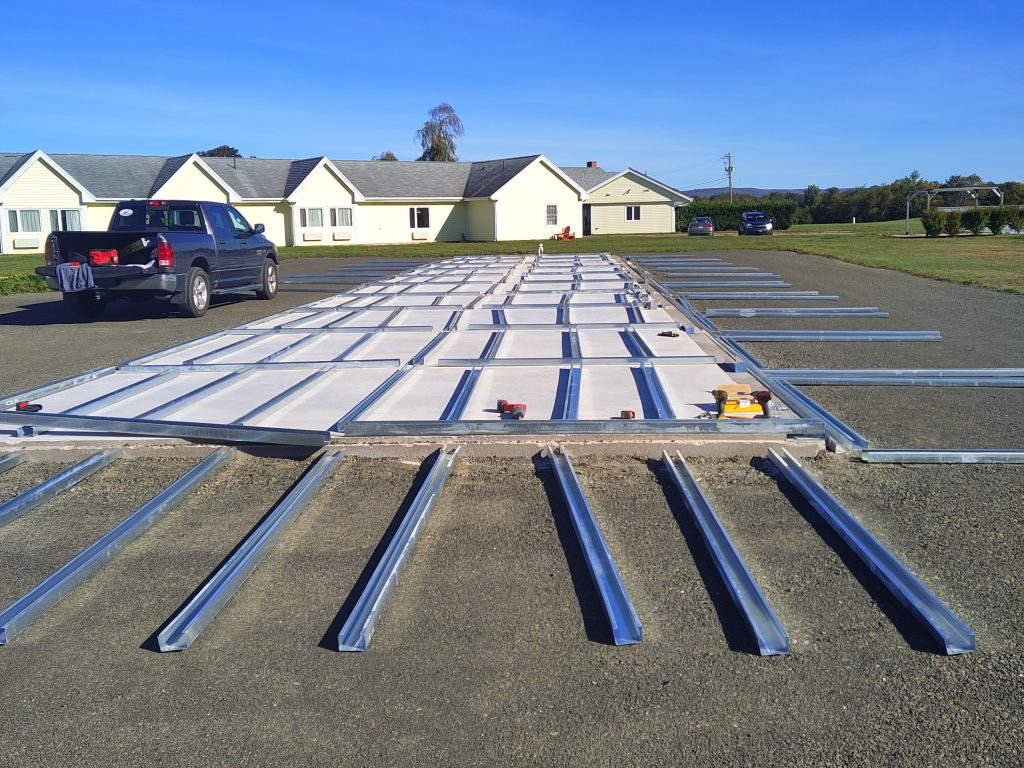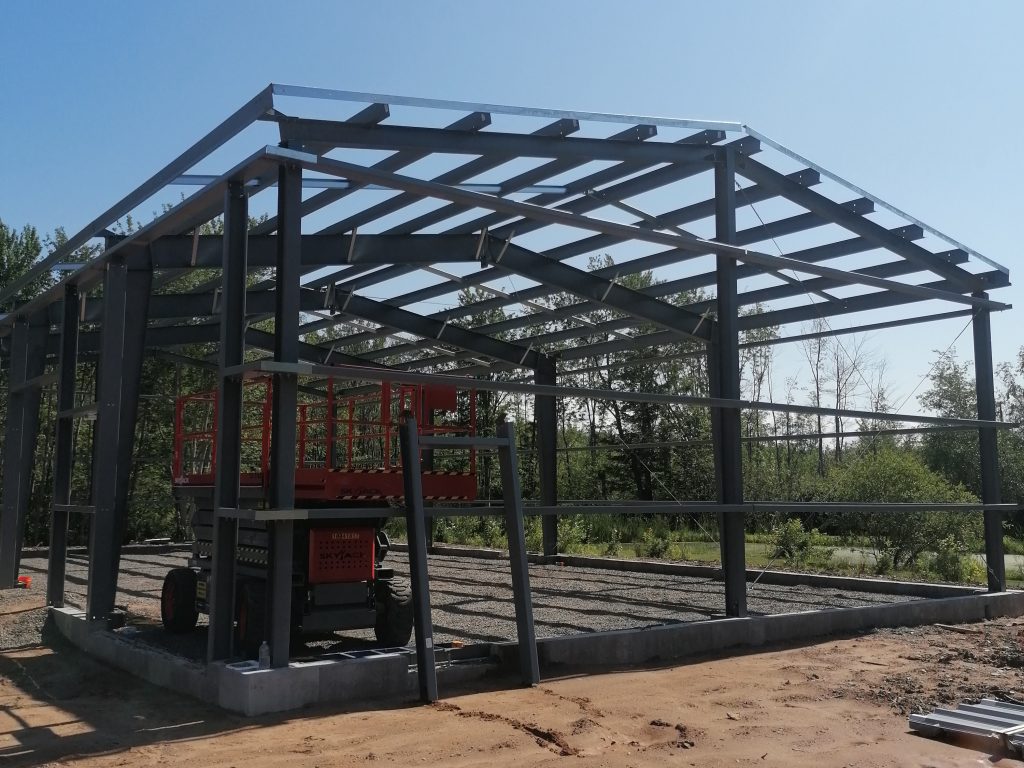
Design Build
Design-Build is a construction approach where owners stipulate the overall requirements of the project, including budgetary considerations. This collaborative method places the responsibility on the builder to oversee all aspects of the project, from design and permits to engaging engineers and coordinating skilled trades. By assuming this comprehensive role, the builder acts as a single point of contact for the owners, streamlining communication and ensuring a seamless construction process. This integrated approach enables efficient decision-making, faster project completion, and potential cost savings, as the builder has a holistic understanding of the project requirements from inception to completion. Ultimately, Design-Build offers owners a streamlined and efficient construction experience, with the builder taking on the responsibility for design, permits, engineers, and trades, resulting in a more cohesive and successful project outcome.



